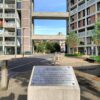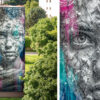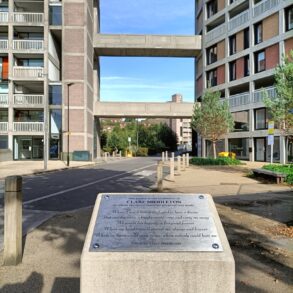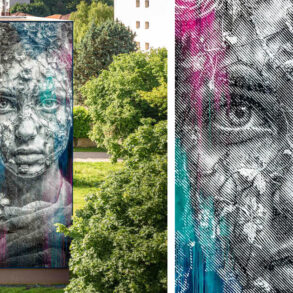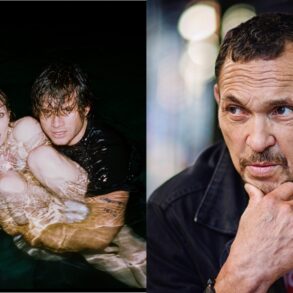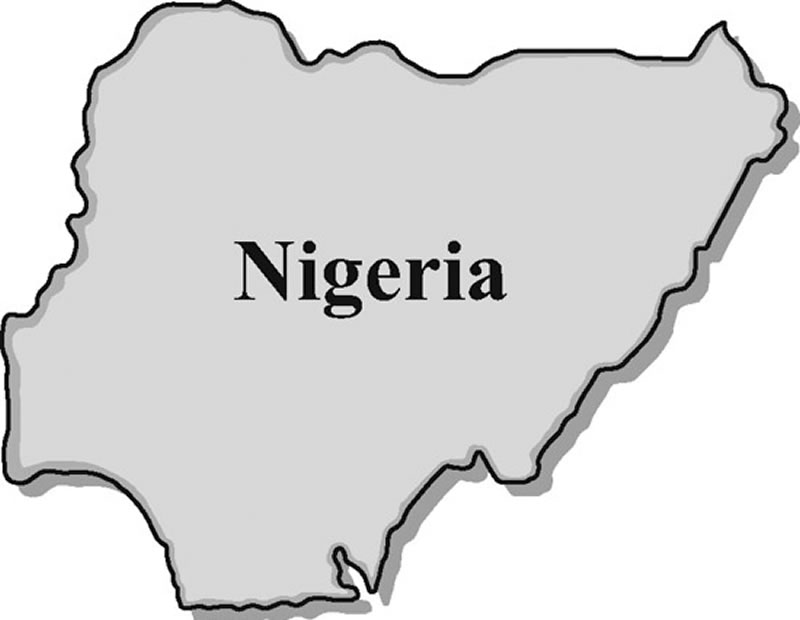
STREET art in Nigeria has emerged as a vibrant form of expression that reflects the country’s social and political dynamics. From colourful murals to thought-provoking graffiti, Nigerian street art serves as a powerful medium for commenting on political issues, social injustices, and cultural identity. This article explores how street art in Nigeria mirrors the country’s social and political movements, while examining its role in activism, its impact on public discourse, and the challenges it faces.
Street art as a medium for political commentary: Street art in Nigeria has become a significant platform for political commentary, often addressing issues such as corruption, governance, and human rights. In a country where freedom of speech can be constrained, street art offers a means to voice dissent and engage in political discourse.
One notable example is the street art that emerged during the #EndSARS protests in 2020. The protests, which called for the disbandment of the Special Anti-Robbery Squad (SARS) and an end to police brutality, were accompanied by a surge of street art across Nigerian cities. Murals and graffiti depicted powerful symbols of resistance and solidarity, including images of raised fists, the Nigerian flag, and portraits of victims of police violence. These artworks not only supported the protesters’ demands but also amplified their messages to a broader audience.
Addressing social injustices through street art: Street art in Nigeria frequently addresses social injustices, such as inequality, gender discrimination, and economic disparity. Artists use their work to highlight these issues and provoke discussions about societal change.
For example, street art has played a role in raising awareness about gender-based violence and advocating for women’s rights. In cities like Lagos and Abuja, murals depicting strong female figures and messages of empowerment have become prominent. These artworks challenge traditional gender roles and encourage conversations about gender equality and women’s rights. Additionally, street art often addresses issues of economic inequality and poverty.
Influencing public discourse and awareness: Street art has a unique ability to engage the public and influence discourse on social and political issues. Unlike traditional media, street art is encountered in daily life, making it a powerful tool for raising awareness and sparking conversations.
The role of street art in cultural identity: Street art in Nigeria is also a reflection of cultural identity and heritage. Artists often draw inspiration from traditional Nigerian art forms, such as mask designs and textile patterns, to create contemporary street art that celebrates the country’s rich cultural heritage. Murals and graffiti that incorporate traditional motifs and symbols contribute to a sense of cultural pride and identity. In cities like Ibadan and Kano, street art often features local languages, folklore, and historical figures, celebrating regional diversity and fostering a sense of belonging among residents.
Furthermore, street art serves as a means of reclaiming public spaces and asserting cultural identity in the face of globalization and urbanization. By incorporating local cultural elements into their work, Nigerian street artists contribute to the preservation and promotion of cultural heritage in an ever-changing urban landscape.
Challenges and Controversies: While street art plays a significant role in reflecting social and political movements in Nigeria, it also faces several challenges and controversies. The unsanctioned nature of street art often leads to conflicts with authorities and property owners. In some cases, street art is removed or vandalised, particularly when it addresses controversial or sensitive topics.
Street art in Nigeria serves as a vibrant and influential medium for reflecting social and political movements. Through its ability to address issues of governance, social justice, and cultural identity, street art engages the public and contributes to important conversations about societal change. Despite the challenges it faces, street art remains a powerful form of expression, reflecting the resilience and creativity of Nigerian artists as they navigate the complex landscape of social and political activism.
- Alasan is of the National Museum, Benin City, Edo State.
ALSO READ TOP STORIES FROM NIGERIAN TRIBUNE
This post was originally published on this site be sure to check out more of their content.

